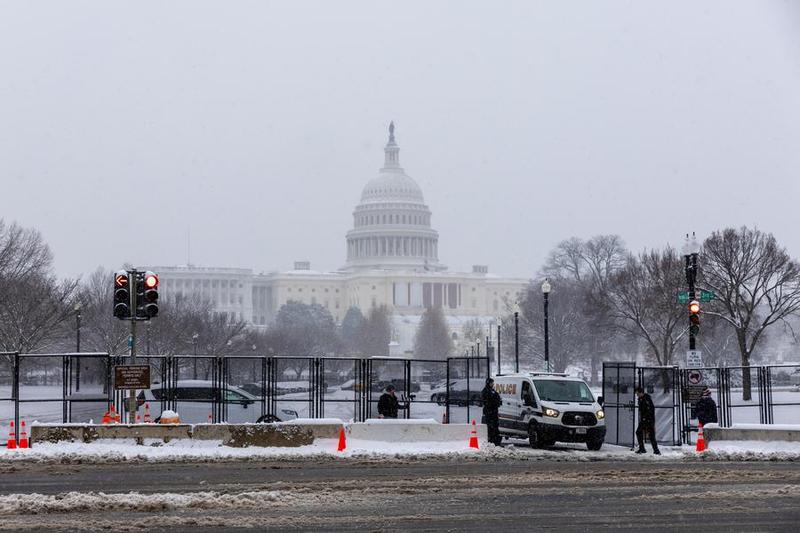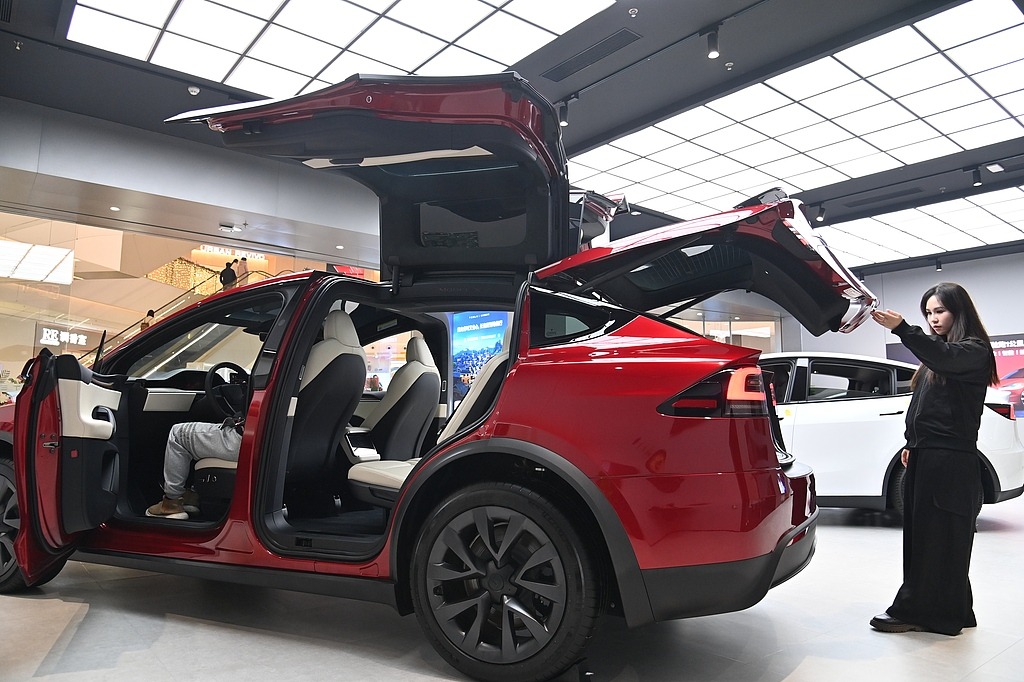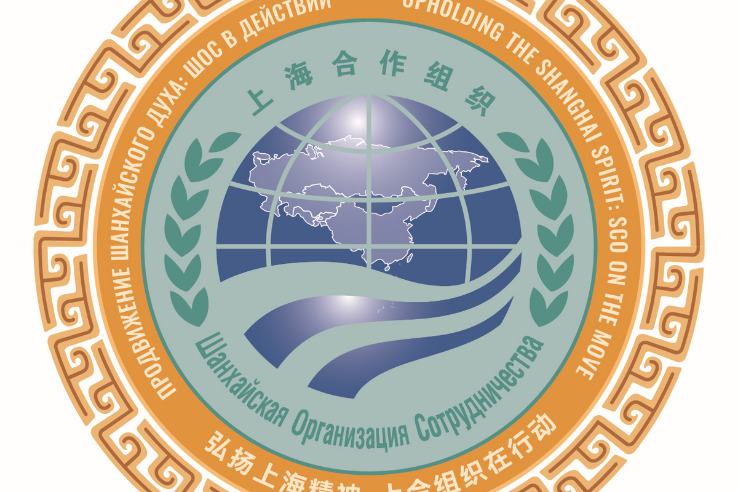Chip curbs show that for Washington it's a case of devil take the hindmost: China Daily editorial


To further strangle the development of China's high-tech industry, especially in the artificial intelligence sector, the Joe Biden administration has announced plans to impose a range of additional restrictions on China so as to cut the country off from the world's most advanced technologies, no matter the collateral damage done.
The move, which represents "the strongest controls ever enacted by the US" to dent China's ability to make advanced chips, not only bans the sale of advanced chips and semiconductor-making machinery to China, but also places more than 100 Chinese companies on a restricted Entity List. All on the pretext of safeguarding the national security of the United States.
The restrictions, which serve as another example of the Biden administration's abuse of export controls against China, are built on measures the administration had already issued over the past several years to crack down on China's chip industry. They belie Biden's previous statements that the US does not seek to contain China's development. They also pose "a significant threat" to the stability of global industry and supply chains, the disruption of which has been repeatedly cited by the International Monetary Fund as a major factor affecting global economic growth.
Given its absurdity and preposterous nature, even some US high-tech companies have criticized the restrictive policy of the outgoing administration, with industry leader Nvidia — which controls 90 percent of the AI chip market — pointing out last week that the "last-minute policy" will not achieve its claimed purpose of safeguarding US national security but only push countries to develop alternative technologies.
The restrictions are reported to be conducted in tiers, with the harshest ban to be imposed on China while granting the US' allies continued access to AI chips and imposing limits on much of the Middle East and Africa. Nvidia and other tech companies have argued that the rules could backfire by driving buyers in the Middle East, Southeast Asia and elsewhere to Chinese companies such as Huawei.
"We would encourage President Biden to not preempt incoming President Trump by enacting a policy that will only harm the US economy, set America back, and play into the hands of US adversaries," Nvidia Vice-President Ned Finkle said in a statement. The policy "will be criticized by US industry and the global community" because it will disrupt the availability of standard computing technologies across the globe without meaningfully advancing national security, he added.
The remarks reflect growing dissatisfaction within the industry over Washington's ideologically driven anti-China chip policy, with abuse of regulatory measures that not only undermine market rules and the international economic and trade order, but also pose a threat to the stability of the global industry and supply chains. Given that the semiconductor industry is already highly globalized, the tightening of sanctions on China's high-tech sector will also hinder global technological development and, as a result, lead to damage that will be inflicted on the global semiconductor industry including US companies.
For years, China hawks in Washington have overstretched the concept of national security, depicting China as "the most consequential threat" to US national security while abusing state power to suppress the development of Chinese high-tech companies. Yet, as the world's sole superpower, the US is arguably the most secure power in history. All its moves have done is sown the seeds of conflict.
More worrying is the fact that the US is stepping up pressure on China on all fronts, including the military. In a speech on Friday, the US deputy secretary of defense, Kathleen Hicks, again harped on the old string of a "China challenge". Although she said competition does not mean conflict — given no one should desire the global devastation such a war would bring, she pledged to "do our utmost to out-think, out-maneuver, and out-strategize them (China)".
Such misguided and bellicose remarks will do nothing to help build mutual understanding between the two countries, but instead risk placing the two countries on a collision course. If they really want to out-think, out-maneuver, and out-strategize China, then the political circle in Washington might want to give a little more thought to how to promote global peace and stability as China has done with the global initiatives it has proposed for development, security and civilizational dialogue.

































